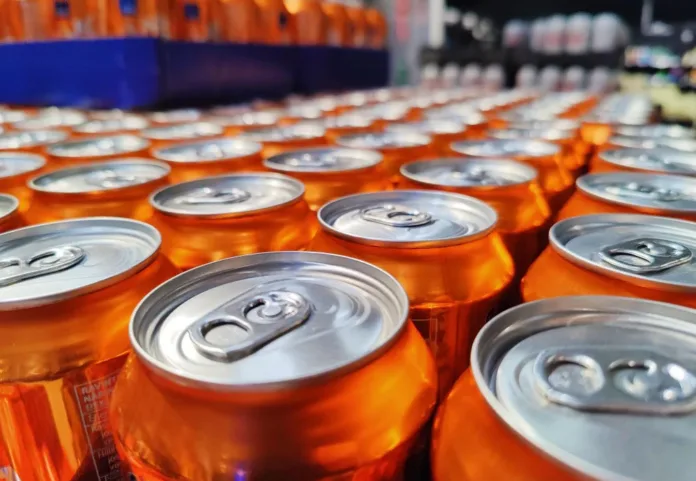Experts warn many “calm” and “focus” claims lack scientific proof despite booming sales
Walk into any supermarket in 2025 and you’ll find shelves lined with pastel cans promising everything from “calm” to “focus.” These so-called functional beverages are the wellness industry’s latest obsession, marketed as quick, drinkable fixes for stress, fatigue, and mental clarity.
Packed with trendy ingredients like ashwagandha, lion’s mane mushrooms, magnesium, or CBD, these drinks aim to offer more than simple hydration. And the market is booming: analysts at Grand View Research estimate the global functional drinks industry will be worth more than $248bn by 2030.
The growth reflects a broader cultural shift. Younger consumers in particular are turning away from alcohol, with 44% of 18 to 24-year-olds in the UK now favouring low- or non-alcoholic alternatives, according to YouGov. Brands like TRIP, Athletic Greens and Huel have capitalised on this wellness-driven appetite, pairing slick branding with the promise of better mental health.
“These products fit perfectly into today’s wellness culture,” said Nicolle Cucco, a registered dietitian and trainer. “People are stressed, busy, and looking for convenient solutions. Add the power of social media and influencer marketing, and you have the perfect recipe for growth.”
But are these claims more hype than health?
Evidence in the fine print
Some ingredients do show promise. Randomised trials suggest ashwagandha may reduce stress, and L-theanine, an amino acid in tea, can improve focus. Magnesium supplementation has benefits for those with deficiencies. Yet evidence remains patchy, and results vary.
“Magnesium will help if you’re deficient, but extra amounts won’t make you calmer if your levels are already normal,” Cucco noted. “And while there is promising research on ashwagandha and L-theanine, it’s not strong enough to support broad claims on mood or mental health.”
Embed from Getty Images
The industry has already run into regulatory problems. In July, UK regulators banned a TRIP advert after it implied the brand’s cucumber and mint drink could reduce stress and anxiety – claims the Advertising Standards Authority ruled were unsubstantiated.
“If a product claims to relieve anxiety or promote calm, it needs to be backed by science,” said Lena Bakovic, a dietitian at Live It Up. “Over-promising leads to consumer disillusionment and distracts from evidence-based treatment.”
The placebo factor
Experts say belief itself can be a powerful force. “The placebo effect is particularly strong here because mood and focus are subjective experiences,” Cucco explained. “If you expect a drink to relax you, your brain may actually perceive less stress.”
That doesn’t mean functional drinks are useless, but it does mean much of their appeal lies in perception and branding.
Driven by social media
The boom in functional drinks has been fuelled by influencers, who frequently promote these products alongside lifestyle and fitness content. The marketing pitch is simple: a convenient fix in a can, promising to optimise health with little effort.
But critics warn these beverages are no substitute for medical treatment, especially for conditions like generalised anxiety disorder or ADHD. “For people with neurodevelopmental or mental health conditions, functional drinks should not be seen as therapy,” Cucco stressed.
A costly quick fix?
At €27 for a 12-pack of TRIP, functional drinks don’t come cheap. For most consumers, they’re harmless enough when enjoyed as part of a balanced lifestyle. But experts advise caution: “Look past the glossy marketing,” Bakovic said. “Do your research, know what you’re putting into your body, and remember these drinks are not a cure-all.”
In the end, functional beverages may offer refreshment, perhaps even a placebo-driven sense of calm. But the real fix for stress and focus is unlikely to come from a can.
